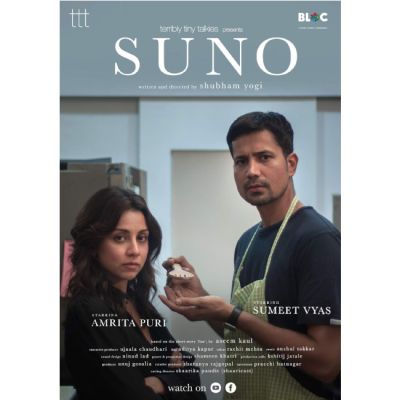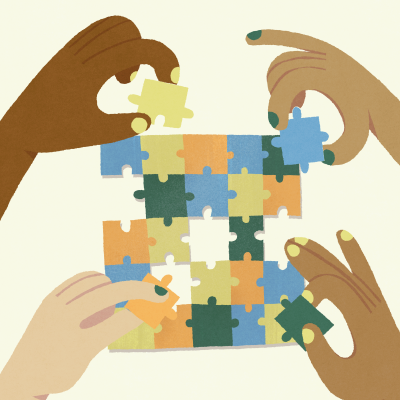relationships
Looking down upon the earth from many miles up in the sky, the divisions between land masses and water bodies…
There are times when we bend the rules and draw on the walls. This is one of those times. We listened in on some of the chatter online on the subject of consent and we ended up with some questions.
Could it be that other changes in our lives make it even more difficult to conceive the desire of the ‘other’, specifically of those with whom we don’t share as many conversations, with whom we’ll soon, I expect, lose entirely the ability to speak?
Language can be a limiting thing when it alone is considered to be the marker of success or failure in intimate spaces. Sometimes we get stuck on what is said and fail to notice what is done in relationships. At other times, denial of a need, request, or crossing of one boundary can make us feel like the entire relationship has lost its value.
Intimacy can never thrive in an environment of rigid certainty. Intimacy requires surrender – not in the sense of submission – but in the willingness to be with another person without detachment or defences.
The language of consent is not neutral. It is rigid where it should be nuanced, malleable where it should be firm. Yes is an all-encompassing spirit, ever-expanding; No is frustratingly constricted, barely visible.
There may be situations in which a person’s responses might not be unquestionably equated with consent. Is consent merely a ‘yes’ or does one need to look for other cues to make sure their partner wants the same thing as them when it comes to intimacy?
शहरी पुणे के एक नगरपालिका स्कूल की आठवीं कक्षा – एक सह-शिक्षा कक्षा जिसमें 18 लड़के और 12 लड़कियाँ हैं – के कुछ अनुभव
The sheer ignorance of the intricacies of consent, or its performance, serves only to strengthen the enduring patriarchal framework that holds sway in a society where the bodies, desires, and even voices of women have been, and, tragically, continue to be, defined and controlled by men.
Consequently, a “yes” – whether verbal or gestural – cannot be shallowly inferred as an authentic, unambiguous, and static agreement to a “contract” proposed by men.
… when they believed we were of the right age to marry, they urged us to “leave everything behind and get settled”. When marriage is considered such an important institution in our society, why not teach us about consent as well?
Each time a child or adolescent asks a question that may be (even indirectly) related to sexuality, many parents and teachers get squirmy and nervous. This may be because they themselves do not have the information required, but in most cases, it has more to do with the ‘hush-hush’ that surrounds sexuality.
Despite the lack of a formal Comprehensive Sexuality Education (CSE) curriculum in place in India, there has been a growing interest in providing CSE programmes in schools.
Aria walked into her school’s auditorium, giggling with the rest of the girls, because they were about to have their very first Sex Ed workshop.
It’s clear Ms. Nisha is not here to shame them or lecture them. She’s here to give them words when they have none.
Gender and sexuality are like constituent parts of a jigsaw puzzle that keeps morphing in such a way that nothing ever ‘fits’ for long, and the game begins anew each time.















